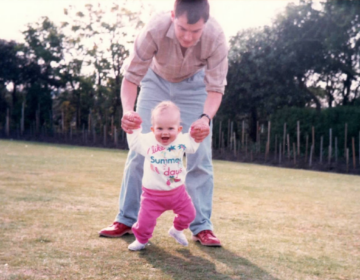Collaborative divorce
Listen
July 18, 2011 — What started with “I do and I will love you forever” doesn’t work out that way for over 40% of all marriages in this country. And then what? Both partners get lawyers and the battles begin. The process is expensive, drawn out, and usually destructive for divorcing couples, children, and a court system that doesn’t really want to be there in the first place. There are alternatives.
Advocates of Collaborative Divorce say their model saves time and money and lessens some of the hurt. Mental health professionals team up with lawyers and others to lead couples and their families through the divorce process respectfully and mindfully, without going to court. Clinicians teach divorcing couples communication skills; some even offer advice on co-parenting. They address things lawyers aren’t trained to handle in hopes of making the process less adversarial.
Dan Gottlieb talks about The Collaborative Divorce model and what it offers couples and their families, with guests Sanford Portnoy, Ph.D., and Bruce Matez, Esq. Dr. Portnoy is the Director of The Center for the Study of Psychology and Divorce at The Massachusetts School of Professional Psychology where he is also on the doctoral faculty. He’s in clinical practice in Massachusetts, where he specializes in marital therapy, marital separation, and divorce. Bruce Matez, Esq., is an attorney for South Jersey Collaborative Law Group and is a member of the firm Borger,Jones, Matez, and Keeley-Cain, P.A.
WHYY is your source for fact-based, in-depth journalism and information. As a nonprofit organization, we rely on financial support from readers like you. Please give today.




